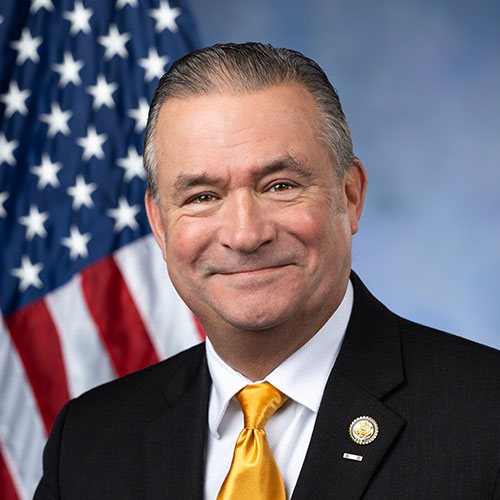Press Releases
Rep. Bacon Joins House Colleagues in Support of Legislation Providing Skills Training Needed for Millions of Unfilled Jobs
Washington, DC,
June 23, 2017
Tags:
Jobs & Economy
Yesterday, Congressman Don Bacon (NE-02) joined his House colleagues in a bipartisan support of H.R. 2353 the Strengthening Career and Technical Education for the 21st Century Act, which will help more Americans earn a lifetime of success by streamlining and supporting programs that provide knowledge and hands-on training to high school and community college students necessary for a broad range of industries. Since 1984, the Carl D. Perkins Career and Technical Education Act has provided federal support to state and local career and technical education, or CTE programs. “Unfortunately, it has been more than a decade since the law supporting these efforts has been updated,” said Congressman Bacon. “As a result, there are millions of jobs across the country which remain unfilled due to the ‘skills gap’.” The Act will streamline the application process and simplify the requirements states must follow when applying for federal funds, as well as provide states more flexibility to use federal funds in the support of unique CTE programs that focus on changing education or economic needs. “The bill supports innovative learning opportunities and builds better partnerships by ensuring local business leaders are involved in the development of education and performance goals,” added Rep. Bacon. “Students will receive the skills needed to compete for jobs in their local communities.” Performance measures used to evaluate CTE programs will be streamlined and set through an open process that includes input from local education leaders, parents and students, workforce development boards, community and business representatives, and others. “Under this bill, an independent entity will carry out the federal plan for research, development, dissemination, and evaluation of the CTE programs, thereby preventing political favoritism,” said Congressman Bacon. “Local stakeholders and state leaders, not federal bureaucrats, will oversee improvement plans when programs do not meet performance goals. Previously, the Secretary could withhold funding instead of allowing for improvement plans.” |
